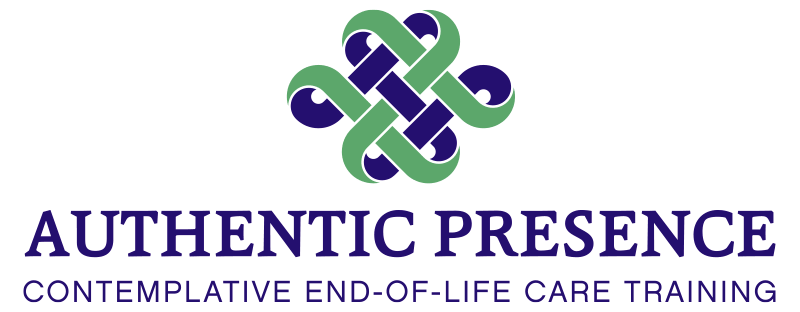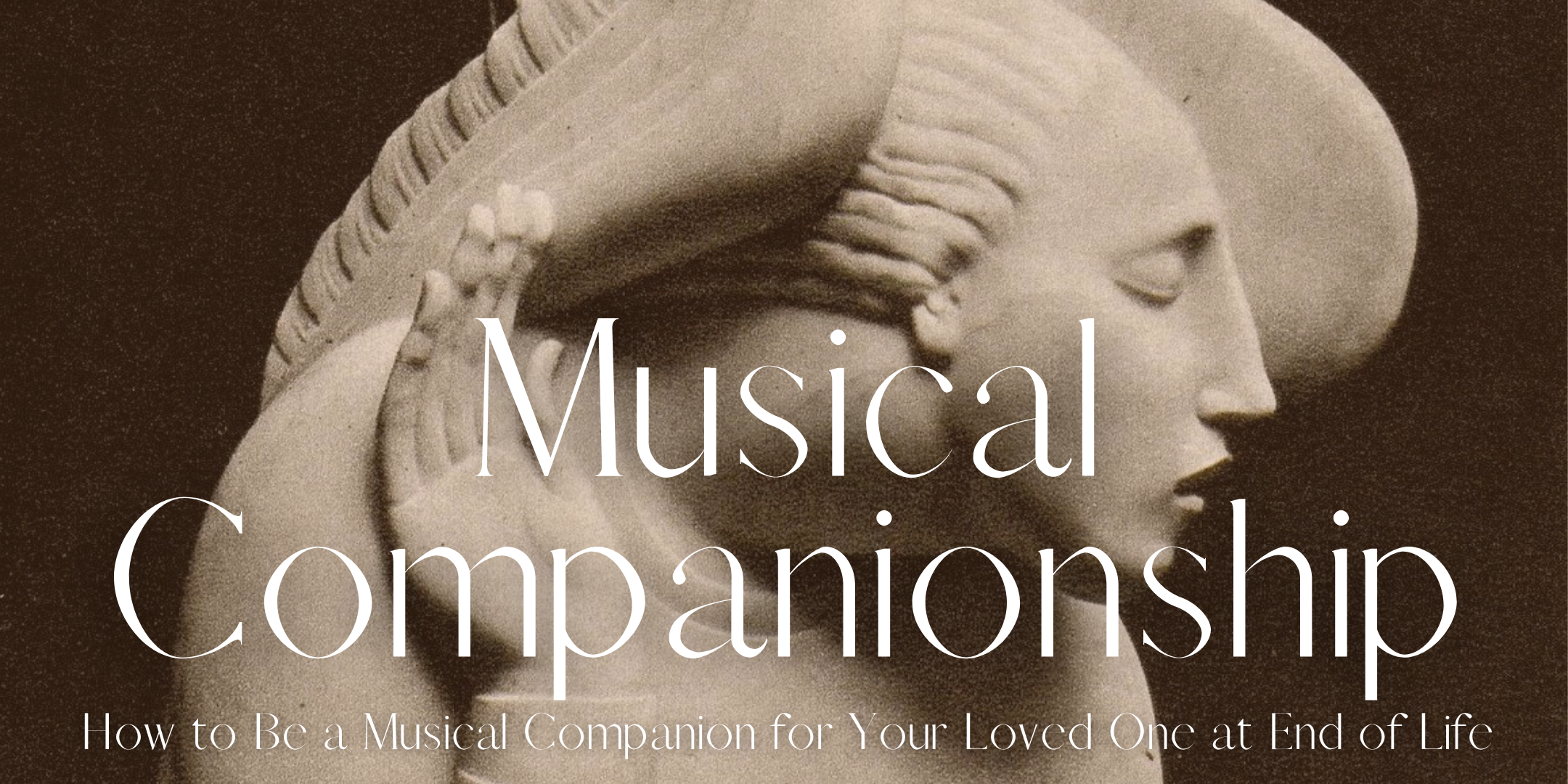April 15th, 22nd, 29th
10AM Pacific // 1PM Eastern
Course Objectives:
Capacity of Presence
We serve others musically. Not through music, but through a foundational presence of self. What are ways we can cultivate presence? We need to take our self care seriously as caregivers. What are tools and practices of self care? How can music be a tool for self care? We also need to have a capacity for self reflection. We begin to explore our own therapeutic uses of music. What music brings us calm? What music might restore us? When do I choose music to mirror my emotional state; when do I choose music to alleviate an emotional state?
Understanding the stages and states of diagnosis, illness and end of life
From diagnosis to end-of-life states, we will look at various stages, the multitude ways people navigate a life turned upside down by life threatening illness; medical issues of respiration changes, pain, anxiety, insomnia and discomfort that often arise; as the journey continues, changes in personality, withdrawal of an engaging self; life review, grief; when Alzheimer’s is involved; coma and actively dying. How to discern when music might be supportive and beneficial. When is the silence of just being present the best choice? What is ‘soul pain’ (Dr Michael Kearney); what does it mean to care for the whole person and how can music be a part of that care? What is a music-thanatologist? How might a music-thanatologist be of support?”
Tools to guide the way
Music offered on a hospice journey is an art, there is no real formula. Yet, we will look for guidance through various tools. Some of these are the use of voice/instruments; carefully chosen musical repertoire; humming as a wonderful tool; the essential need for observing, listening, silence, breath; a look at some science and end of life care; wisdom from clinicians and teachers in end of life care.
photo credit: John O’Leary
Jayne Demakos is a certified therapeutic harpist and certified music-thanatologist (music and end-of-life care). She has worked in the care of the critically ill and dying for 17 years using harp and voice to address physical, emotional and spiritual concerns special to this time. She co-developed and co-led GriefSong, a program using music, especially singing, to be with and process grief. She is the founder of CompassionHarp a not for profit whose mission was (from 2014-2022) to bring therapeutic music to the underserved in central New York. Jayne served on the faculty at Ithaca College developing and teaching specialized courses, ‘Exploring Music in Medicine’ with an emphasis on Hospice. She has presented her work in conferences and workshops in the United States, especially on the east coast, and in Ireland. Jayne has three CD audio album releases.


